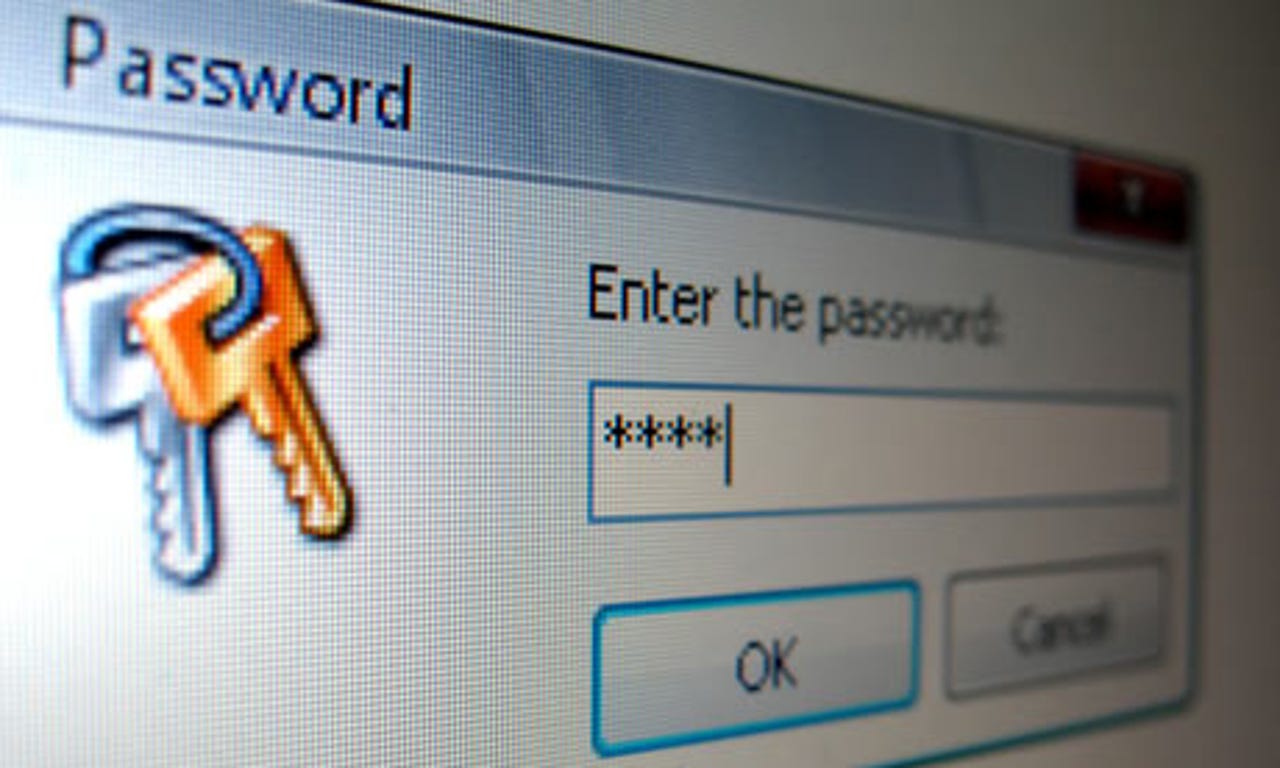Enterprise data breaches often left undisclosed, malware analysts say


Over half of data breaches suffered by U.S. companies go undisclosed, according to enterprise malware analysts.
A new ThreatTrack Security survey found that 57 percent of malware analysts working on enterprise-related data breaches have addressed security problems that U.S. firms failed to disclose. Due to company dishonesty -- perhaps in order to save reputations or avoid difficult questions by customers and investors -- it may be that data breaches are more widespread than first believed, and businesses are even further behind than thought in the fight against cyberattackers.
Security vulnerabilities and cyberattacks have become critical problems for companies worldwide. If breached, a company network could become a treasure trove for hackers, potentially full of customer details -- including telephone numbers, addresses and card details -- sensitive corporate data, or information which impacts national infrastructure security. A number of high-profile breaches have taken place this year, including LivingSocial, Evernote and the Federal Reserve.
Verizon's 2013 Data Breach Investigations Report said that 621 data breaches were confirmed in 2012. However, if considered in tandem with ThreatTrack's data which says 66 percent of malware analysts working with 500+ employee enterprises have dealt with undisclosed security problems, the confirmed 621 attack number may be significantly underreported.
The independent blind survey of 200 security professionals within U.S. companies was conducted by Opinion Matters on behalf of the security company in October this year.
"While it is discouraging that so many malware analysts are aware of data breaches that enterprises have not disclosed, it is no surprise that the breaches are occurring," said ThreatTrack CEO Julian Waits. "Every day, malware becomes more sophisticated, and U.S. enterprises are constantly targeted for cyber espionage campaigns from overseas competitors and foreign governments. This study reveals that malware analysts are acutely aware of the threats they face, and while many of them report progress in their ability to combat cyber-attacks, they also point out deficiencies in resources and tools."
Unsurprisingly, 40 percent of respondents said one of the most difficult aspects of their roles was the fact that skilled help is in short supply. In an interesting twist, many of the malware analysts said the majority of their time was taken up thanks to the Internet habits of executives -- who through browsing pornography sites, clicking on phishing emails and installing malicious apps allow malware to infiltrate networks.
According to the survey data, devices up high in the management chain have been infected with malware thanks to:
- Visiting a pornographic website (40 percent)
- Clicking on a malicious link in a phishing email (56 percent)
- Allowing a family member to use a company-owned device (45 percent)
- Installing a malicious mobile app (33 percent)
When asked to identify the most difficult aspects of defending their companies' networks, 67 percent said the complexity of modern malware is a crucial factor, 67 percent said the frequency of attacks is a problem, and 58 percent cited the ineffectiveness of market solutions as an issue.
The study also asked malware analysts for their opinion on government-sponsored cyber espionage. As a result, 37 percent of respondents said they believe the U.S. is the country most adept at conducting cyber espionage, and China came in a close second at 33 percent.